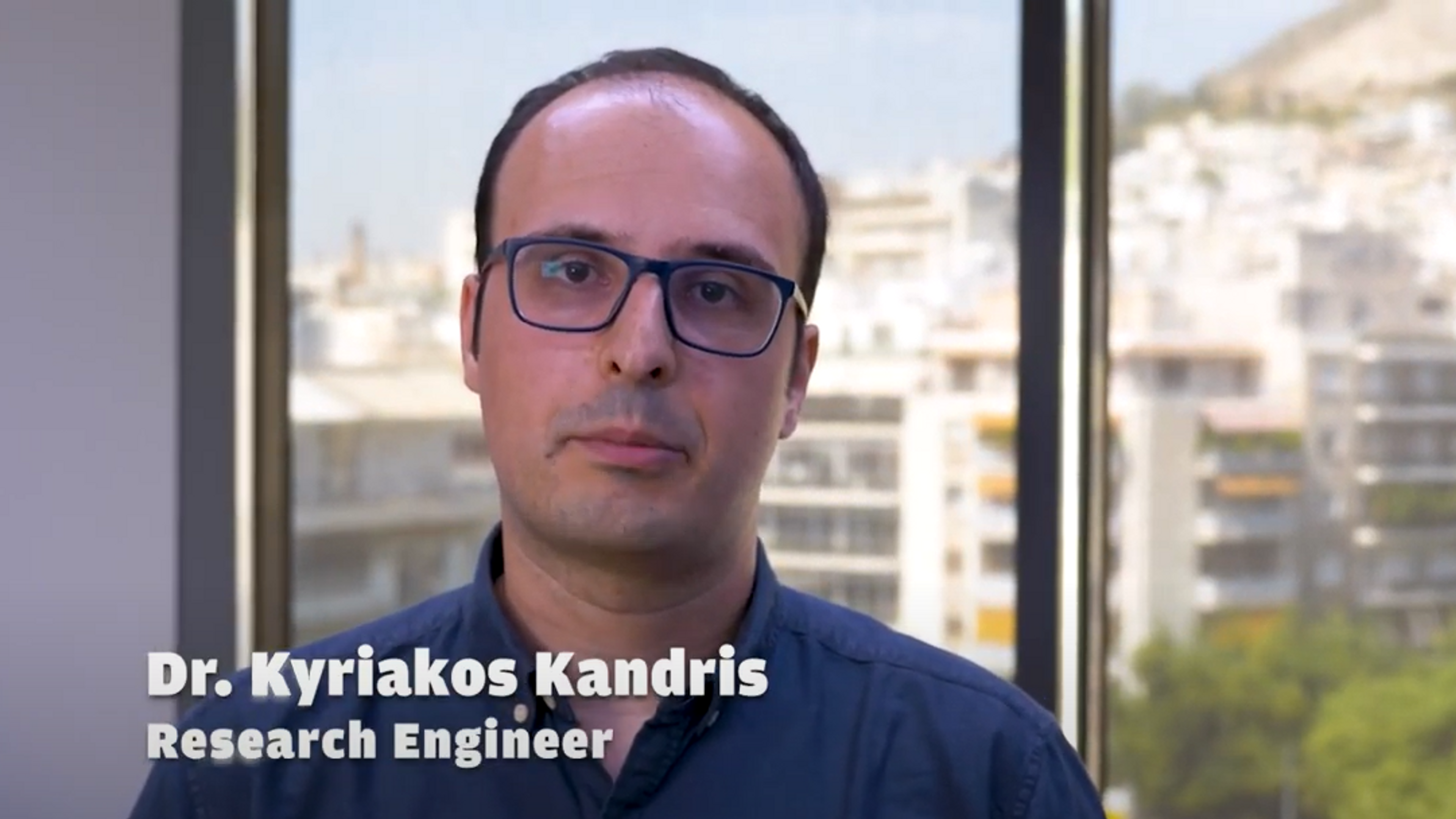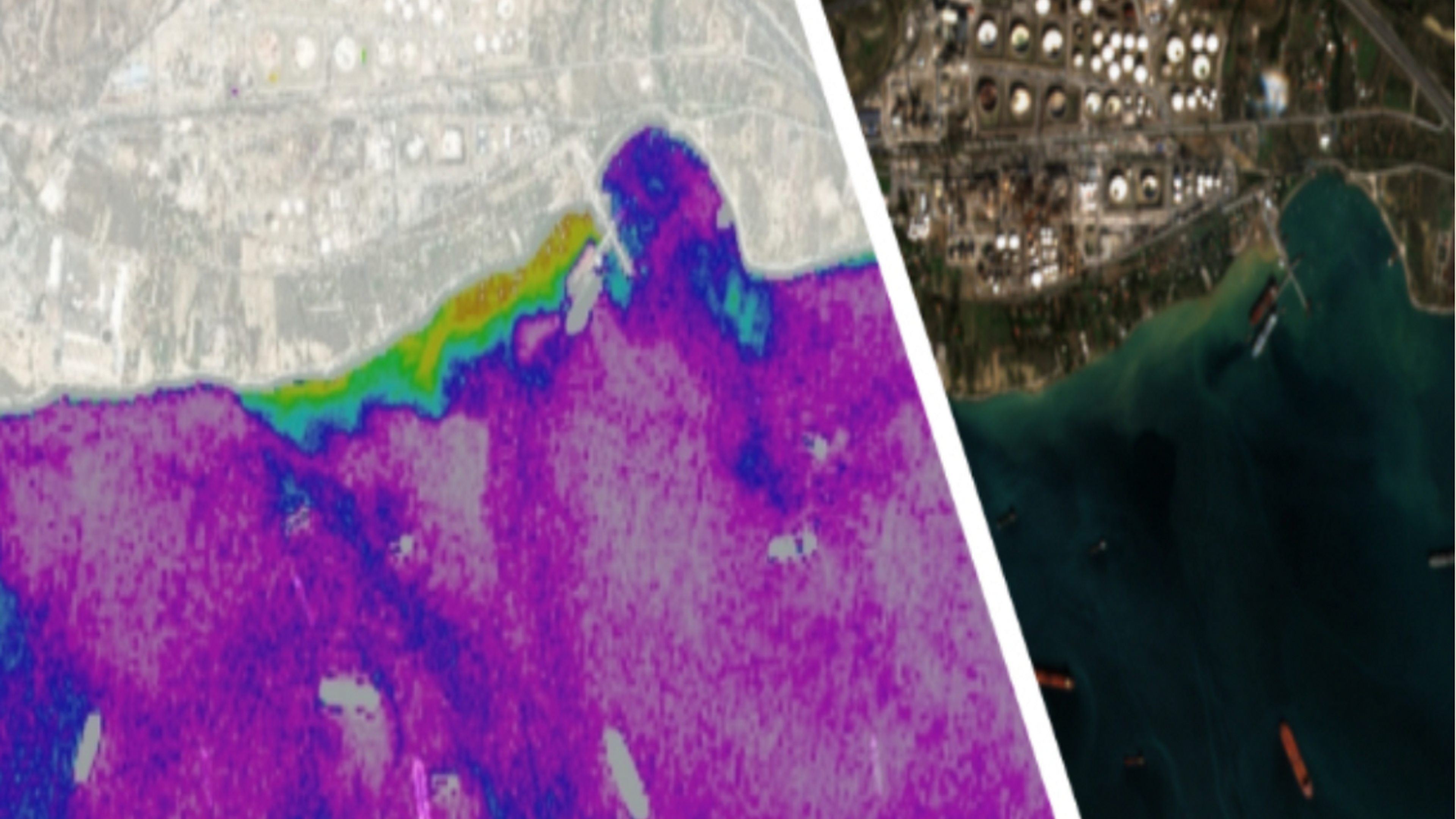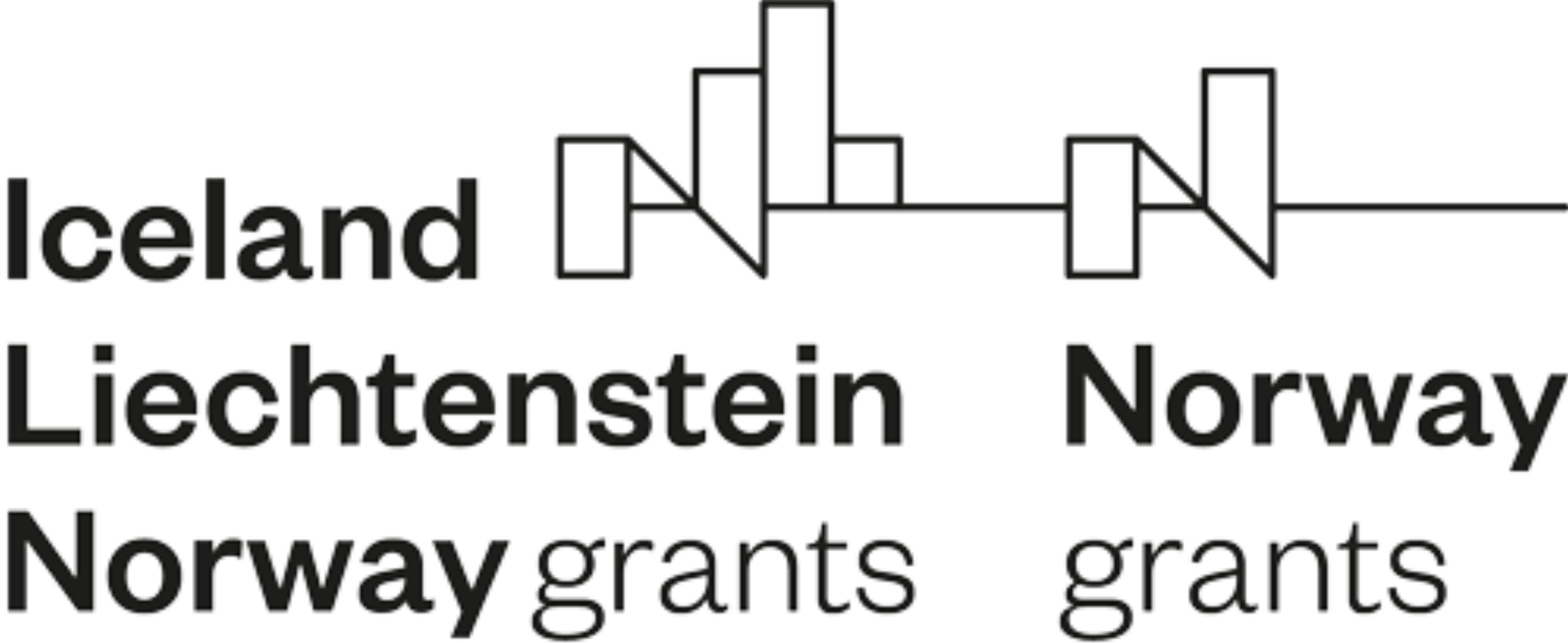Greece: Greek-Norwegian cooperation takes desalination to new levels
 © Innovation Norway
© Innovation Norway In Greece, the company Emvis partners up with the Norwegian University of Science and Technology to take desalination to new levels, supported through the EEA Grants. Through the iFOs project, the partners created an innovative satellite-assisted forecasting solution to desalinating seawater. The desalination is more resource-efficient, digital and low-impact level. It also reduces cost.
A response to increasing challenge
Freshwater resources are limited and under pressure, often threatened by climate change, pollution and population growth. This is one of the reasons why the UN's 6th Sustainable Development Goal calls for access to water and sanitation for all.
Desalination is a process that creates drinking water from seawater, which helps meet increasing water demands. The iFOs project takes the process to a more resource-efficient, intelligent and low-impact level.
Meet Emvis in this video in Greek:
More resource-efficient, intelligent and low-impact level
The Greek company Emvis has partnered up with the Norwegian University of Science and Technology (NTNU) and Sychem, a leading Greek water treatment company, to learn from each other and to turn research into action. The partners are developing a web-based platform that will use satellite data and machine learning to analyse the changes in seawater. Once in place, the technology will enable desalination plants to improve their day-to-day performance, inform decision-making, and ultimately reduce the costs of seawater treatment.
“Our participation in the Business Innovation Programme in Greece offers an opportunity to apply these monitoring and forecasting techniques to a real issue, which consists in producing drinking water by seawater desalination.”
 © EEA grants
© EEA grantsBilateral cooperation
The Norwegian University of Science and Technology will certify the science behind the service line, in order to provide a scientifically proven solution that will meet the real needs of the end user. Over two years, the Norwegian University of Science and Technology joined efforts with EMVIS to offer an innovative forecasting solution to address the need for resource-saving seawater desalination.
The aim of the project is to improve the operational intelligence of seawater desalination industry, using a satellite-assisted forecasting service line for coastal waters. The project will develop a satellite-assisted, short-term operational forecasting system for harmful algal blooms in coastal waters. It will also create an operational decision support system for seawater desalination plants. The support system will be integrated in a web-based operational forecasting platform to enable proactive decision making in desalination operations.
The Business Innovation Programme in Greece
The project is supported by Norway, Iceland and Liechtenstein through the EEA Grants. See more opportunities under the Business Innovation Programme in Greece.
